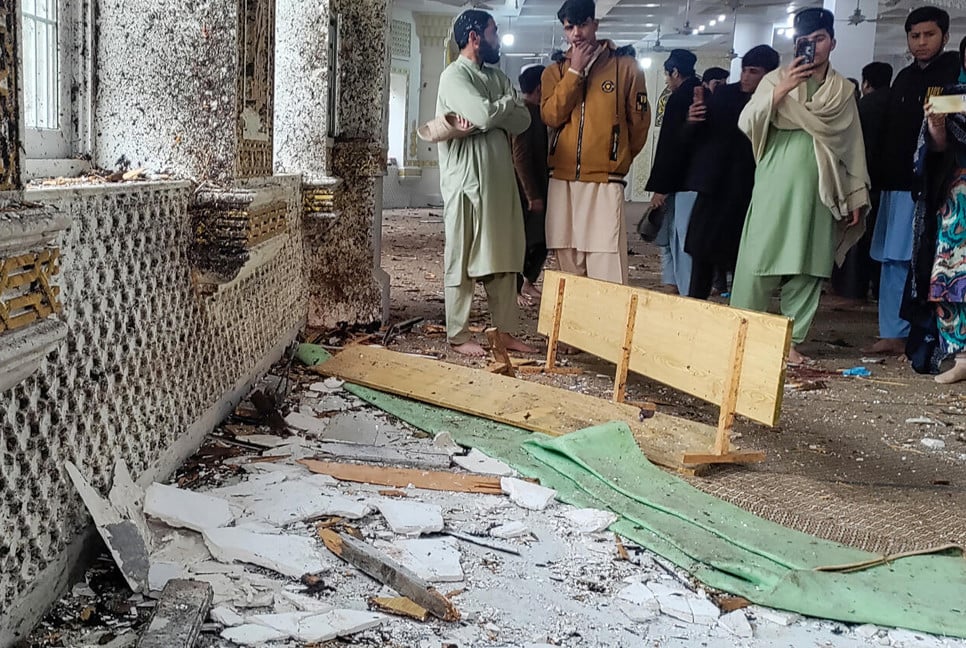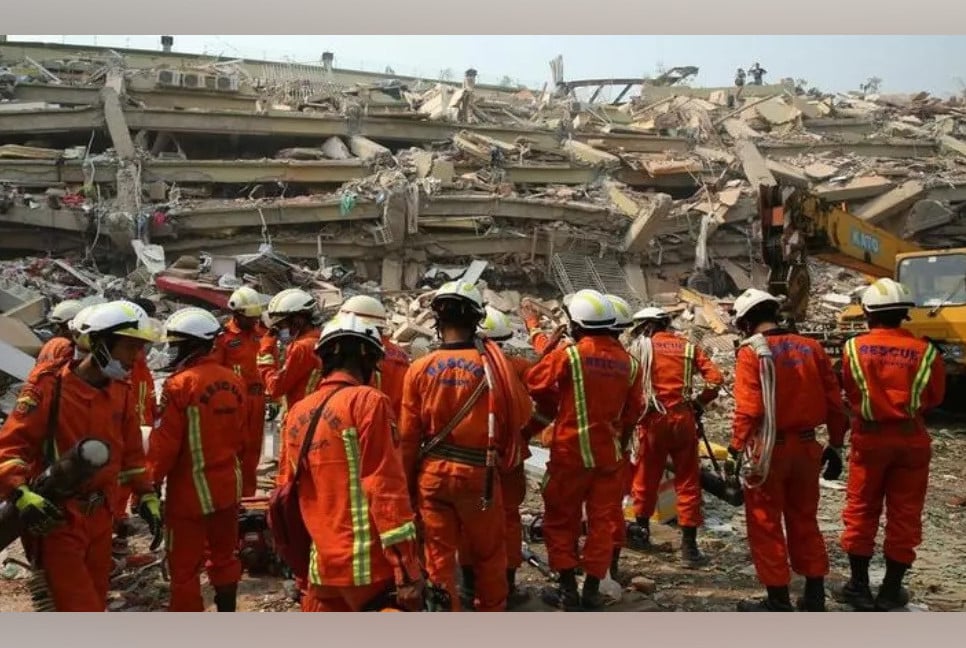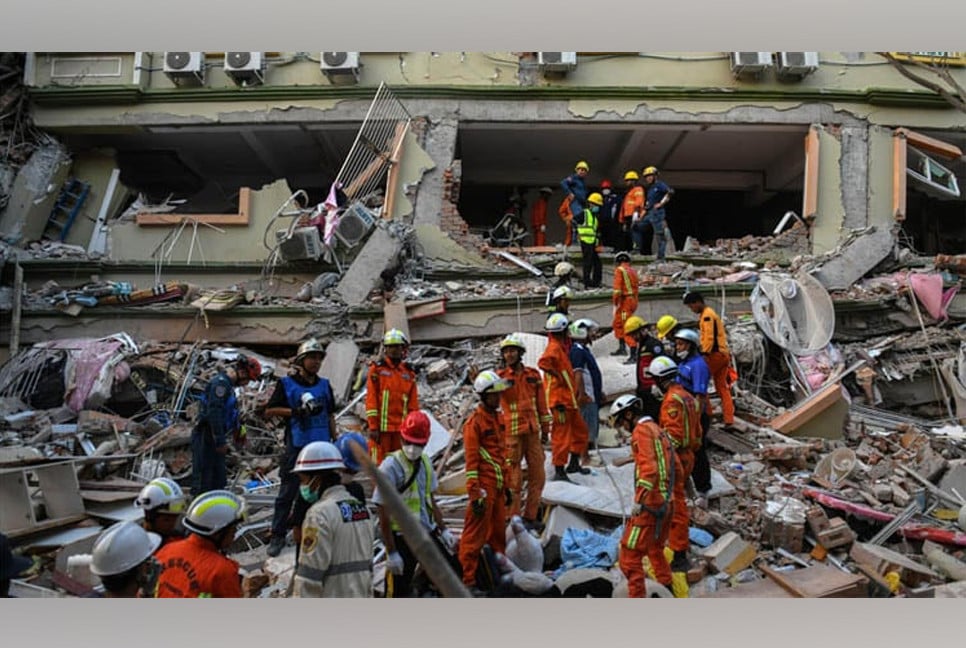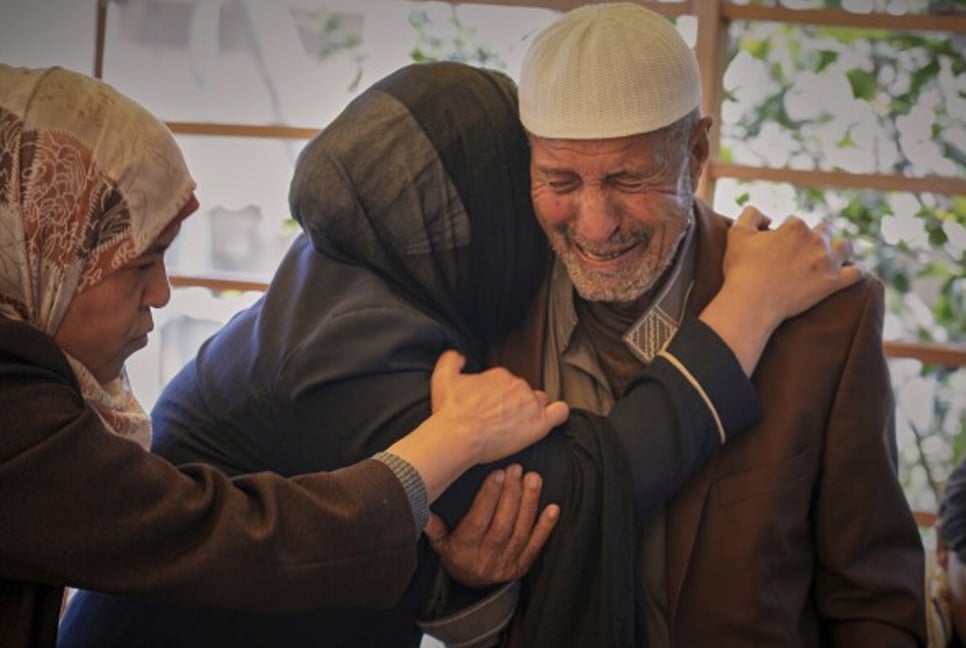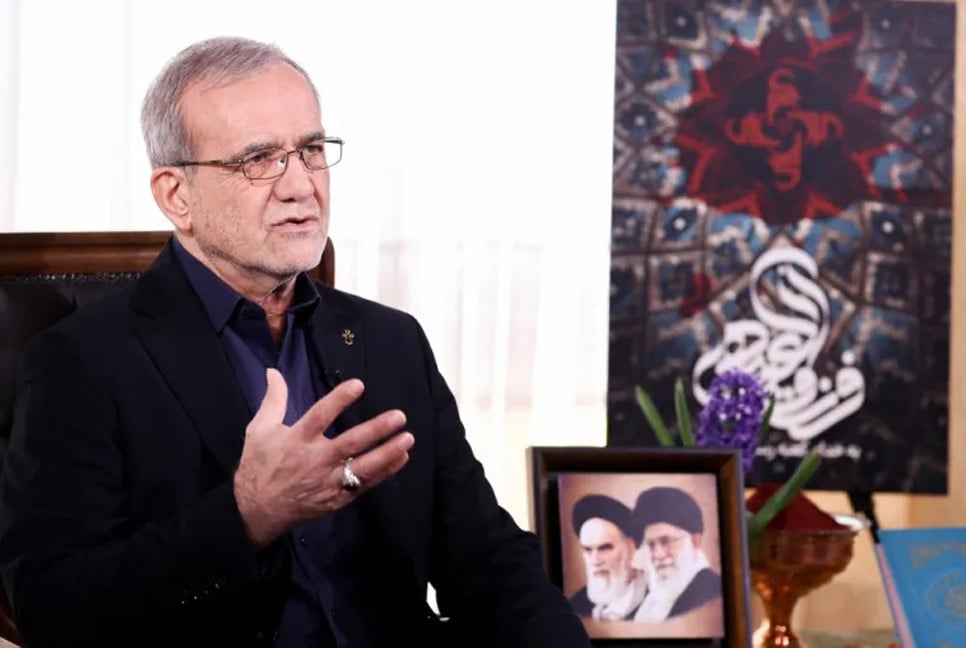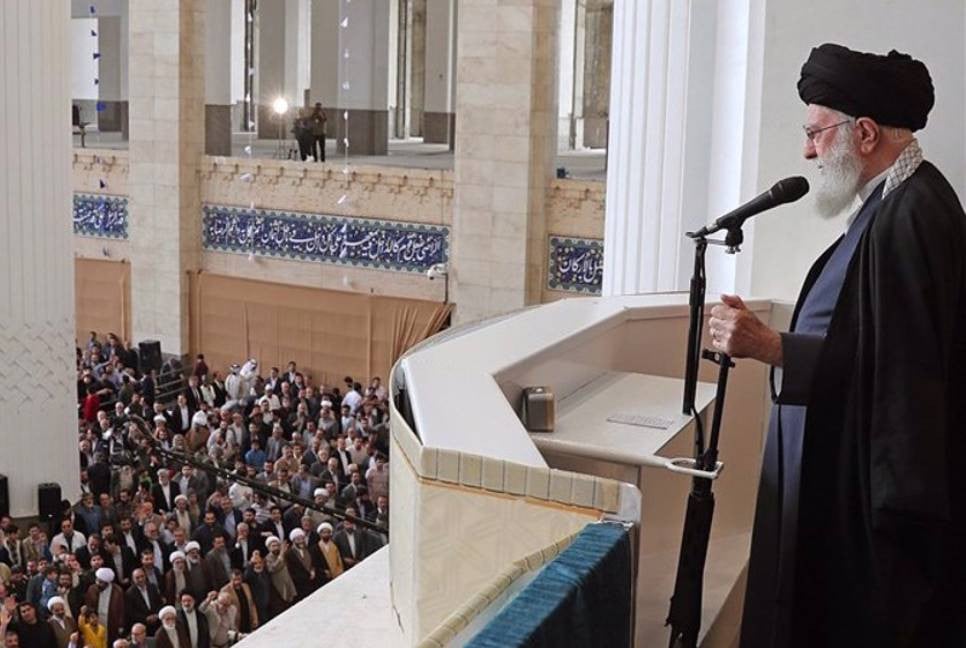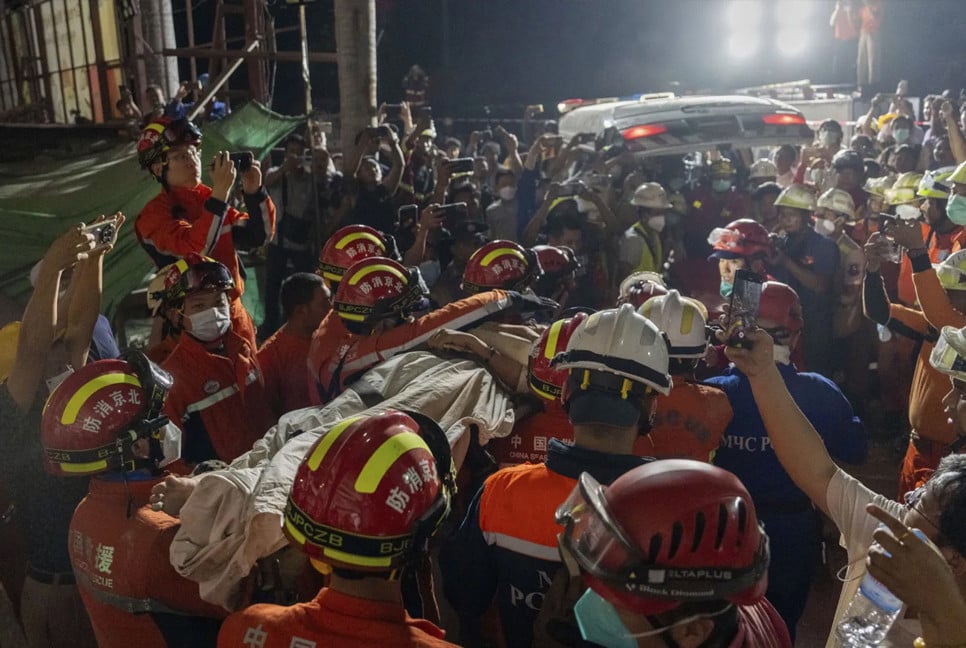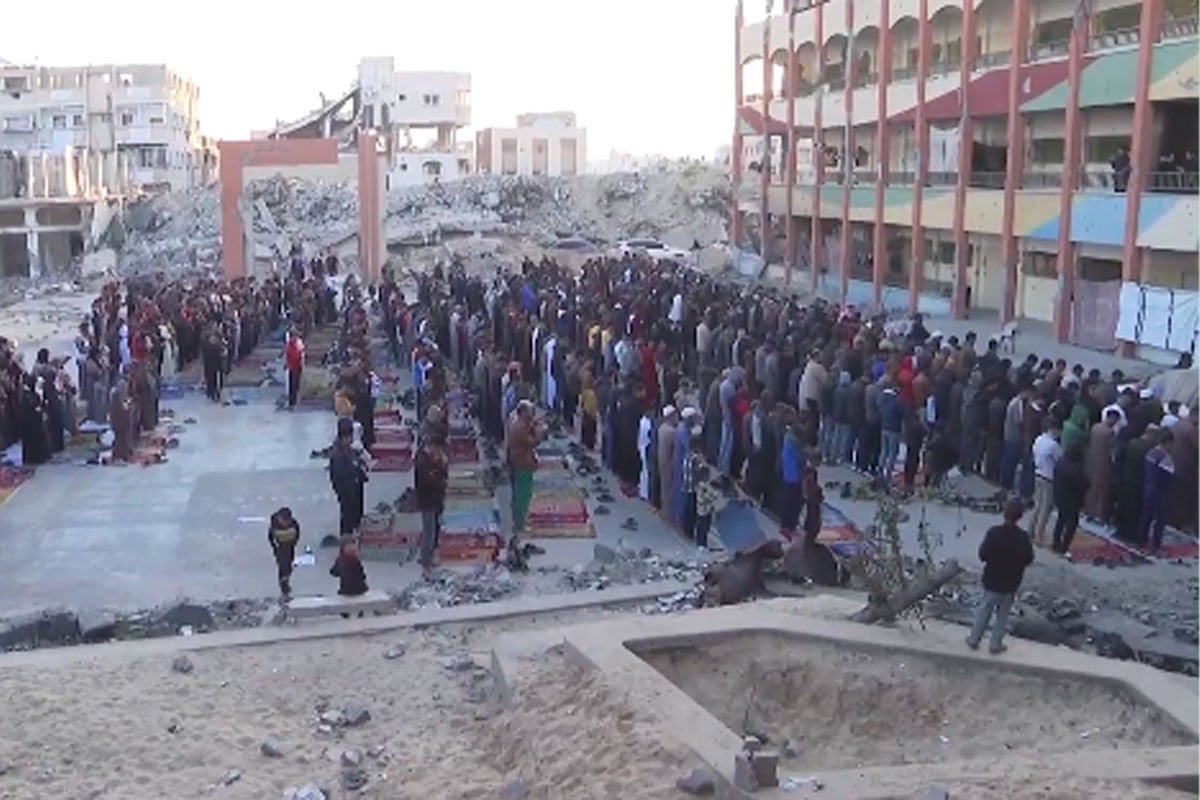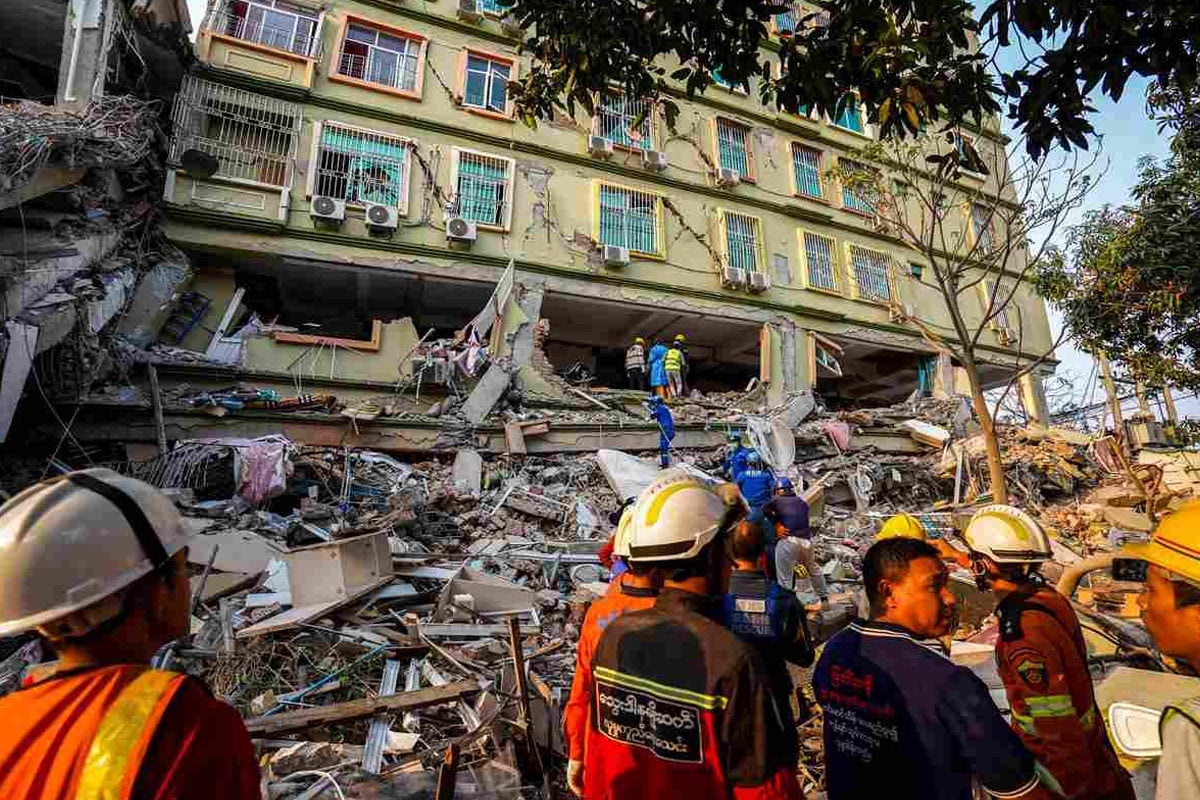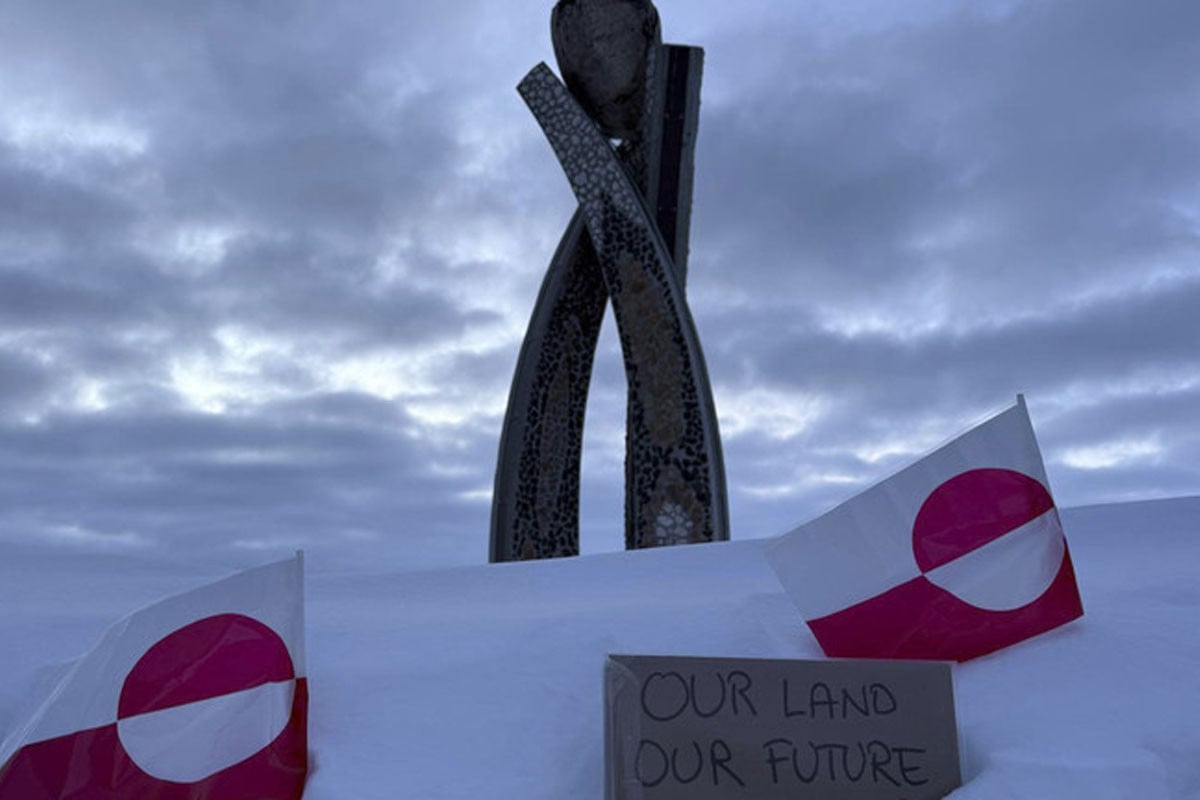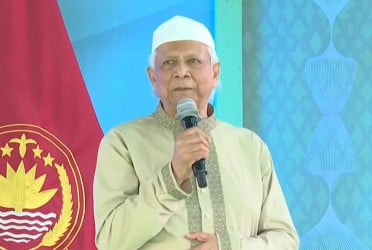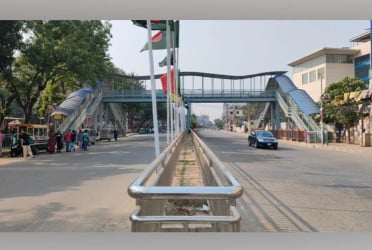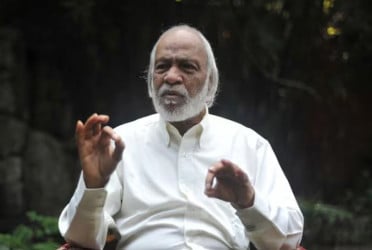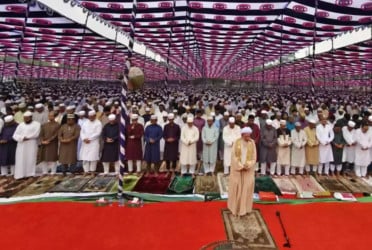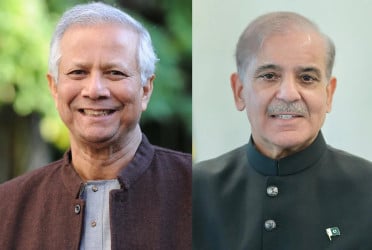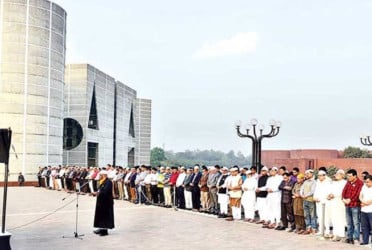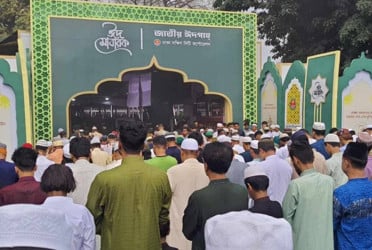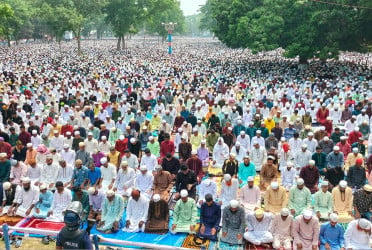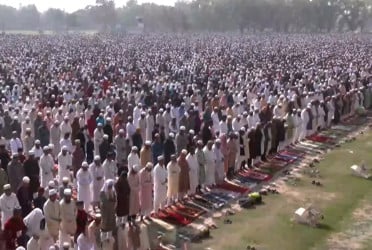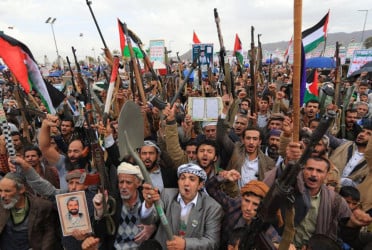A suicide attack at an Islamic religious school in Pakistan known as the "University of Jihad" where key Taliban leaders have studied killed four people on Friday, police said.
Among those who died was Hamid ul Haq, the head of the Dar-ul-Uloom Haqqania school, in Akora Khattak, about 60 kilometres east of Peshawar.
"Hamid ul Haq has been martyred, and it appears he was the target of the suicide bomber," Abdul Rasheed, the district police chief, told AFP, adding that four people were killed and 13 wounded in the blast.
The explosion happened as people gathered for weekly Friday prayers, the most important of the week.
"The explosion happened in the first row, in front of the imam. It was prayer time, but it is not clear if it happened as people stood for prayer," said district police officer Noor Ali Khan.
The sprawling campus in Pakistan's Akora Khattak is home to roughly 4,000 students who are fed, clothed and educated for free.
It became known as the "University of Jihad" for its fiery ideology and the number of Taliban fighters it has produced.
The late founder of the Taliban, Mullah Omar, who led an insurgency against the United States and NATO troops in Afghanistan, was among senior leaders to have graduated from the school.
So did Jalaluddin Haqqani, the founder of the feared Haqqani network, responsible for some of the worst attacks in Afghanistan during the two-decade war.
The school has sat at the crossroads of regional militant violence for years, educating many Pakistanis and Afghan refugees -- some of whom returned home to wage war against the Russians and Americans or preach jihad.
For decades, Pakistani madrassas have served as incubators for militancy, indoctrinating tens of thousands of refugees who have few other options for education than the fire-breathing lectures from hardline clerics.
Rather than crack down on the institutions, successive governments in Islamabad -- which rely on the support of Islamist parties in coalition governments -- have largely given the madrassas a free hand.
The Taliban surged back to power in Kabul in August 2021 after foreign forces withdrew and the former government collapsed.Militancy has since rebounded in the border regions with Afghanistan.
Last year was the deadliest in a decade for Pakistan, with a surge in attacks that killed more than 1,600 people, according to Islamabad-based analysis group the Center for Research and Security Studies.
Islamabad accuses Kabul's rulers of failing to root out militants sheltering on Afghan soil as they prepare to stage assaults on Pakistan, a charge the Taliban government denies.
Bd-Pratidin English/ARK

